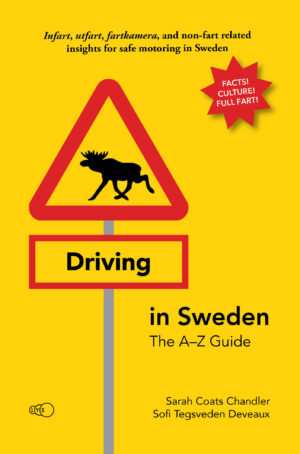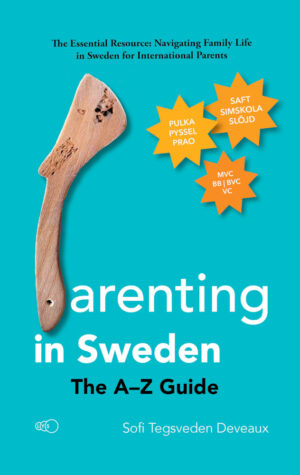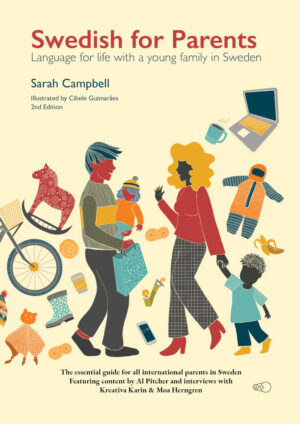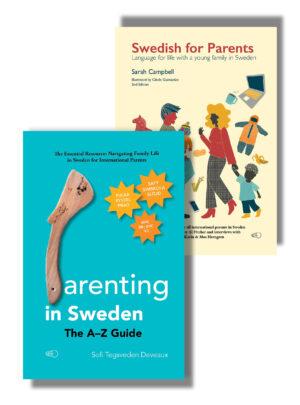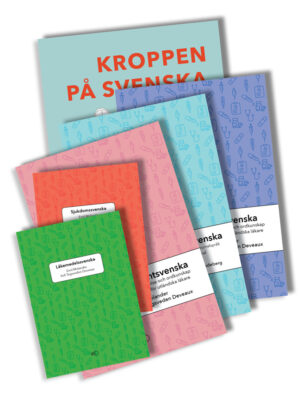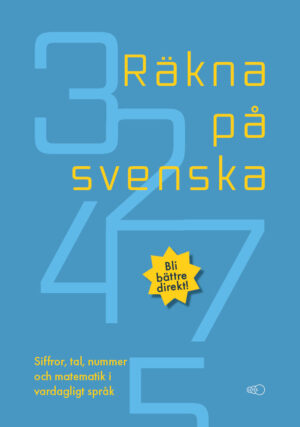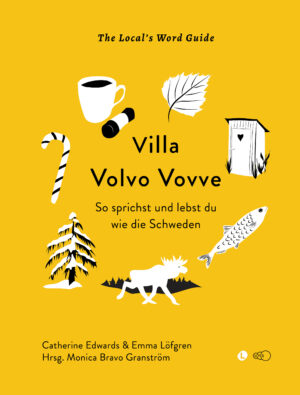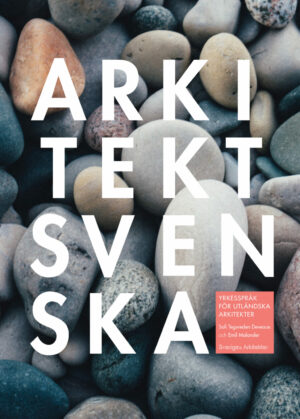Nothing says bleak like a brutal winter’s day. And authors throughout time have used bitter cold as a narrative tool and companion for misery, loneliness, desperation, and death. From war stories to love stories, harsh winters have found a home in literature that cannot be rivalled; searing heat, falling leaves and emerging new growth just don’t take the breath away like a blizzard. But what are the great winters in literature? (all subjective of course!)
Written by Gil Reavill, co-author, This Land is no Stranger
Among other attractions, readers look to Swedish mystery writers for vivid blasts of winter weather. Something about a snow-laden literary landscape enhances the experience of a lazy afternoon curled up with a book in a warm, cozy environment. The best Scandinavian books feature unsparing descriptions of the northern climate, and the best Nordic Noir tends to employ weather as an overarching theme, if not a central character.
All of which got me thinking of the great winters in world literature. There’s a theory knocking about regarding Charles Dickens and the Little Ice Age that gripped England when he was a young child. There were “frost fairs” on the frozen-over Thames during those memorable winters, which meteorologists attribute to volcanic ash in the atmosphere, released by the Tambora eruption in 1815 and which filtered out sunlight. Dickens celebrated his fourth birthday in 1816, known as “the year without a summer,” and several following cold seasons were equally severe.
So here is an emblematic example of a literary winter, described in A Christmas Carol and other holiday stories of the author, and influencing public perception of climate forever afterward. Bob Cratchit’s single-coal fire in his miserably frigid workplace summons up a world where winter cold enters into the hearts of men. “No wind that blew was bitterer than [Ebenezer Scrooge], no falling snow was more intent upon its purpose, no pelting rain less open to entreaty.” Commentators have often suggested that Dickens “invented Christmas,” but he also established a literary winter that was, so to speak, frozen in time.
Rooting around in the grab bag of classic fiction (and tossing in a couple of notable non-fiction examples as well), I’ve come up with a baker’s dozen of personal favorites, the best books set in winter. Ranked in ascending order:
- A Reliable Wife, by Robert Goolrick. Dear to my heart in that it describes winters in Wisconsin, where I grew up. Set in the early years of the 20th century, the psycho-sexual “chiller” novel depicts the kind of bitter cold that my grandparents always told me they had to endure as children, so different from the piddling winters my sisters and I experienced.
- The Siege, by Helen Dunmore. Of the classic winter battles of World War II, Stalingrad gets most of the attention, behind Leningrad and, as a runner up, the Battle of the Bulge. Dunmore elevates the siege of Leningrad into a brutal, wintery nightmare.
- Song of Ice and Fire, George R. R. Martin. The epic cycle of fantasy novels formed the basis of the smash Game of Thrones TV series. You haven’t felt cold until you’ve pulled a stretch in the Night’s Watch on the Wall. Beyond the Wall, things turn frighteningly frigid.
- The Left Hand of Darkness, Ursula LeGuin. The envoy Genly Ai is on a mission to the planet Gethen, which means “Winter” in the language of its inhabitants. Amidst the startling insights of its feminist themes, this science fiction classic manages to chill our bones with an incisive portrait of extraterrestrial cold.
- The Long Winter, Laura Ingalls Wilder. The sixth novel in the author’s “Little House” series, this one makes you wonder how anyone survived the sub-zero winds whipping across the Great Plains of the Dakota Territory in the winter of 1880-1881.
- The Shining, by Stephen King. All terror is rooted in claustrophobia, arising from fear of the world’s coldest, most confining environment, the grave. As the Rocky Mountain winter closes in around Jack, Wendy and Danny Torrance, they have no way out, nowhere to run, nowhere to go.
- Winter’s Tale, by Mark Helprin. No amount of work the author put in as a speechwriter for Ronald Reagan and an apologist for the chillingly selfish right-wing mindset can cancel out the majesty of this novel, an icy fantasy of a New York City that is locked in a permanent blizzard.
- Dr. Zhivago, by Boris Pasternak. Of course the Russians do winter like the French do love. The passages set at the Varykino “ice palace” estate in the Urals rank with the most wonderful — and somehow most alluring — descriptions of winter weather anywhere.
- Ethan Frome, by Edith Wharton. The aptly named Starkfield, Massachusetts is the setting for the endless, agonizing winter that imprisons the title character, locked equally in a ménage a trois that has to be the one of the chilliest in literature.
- One Day in the Life of Ivan Denisovich, by Aleksandr Solzhenitsyn. We are back with Russians (and it won’t be the last time). This is the novel that broke open the worst atrocities of Stalin’s prison gulag, demonstrating that no winter in Siberia can rival the solid block of ice that is the conscience of a dictator.
- A non-fiction Daily Double. The Worst Journey in the World, by Apsley Cherry-Garrard, and Alive: The Story of the Andes Survivors, by Piers Paul Read. Two classics, with Cherry-Garrard weighing in with one of the best sentences ever written about the winter experience: “Polar exploration is at once the cleanest and most isolated way of having a bad time which has been devised.” In Alive, the bad time gets appreciably worse, and much more unclean.
- War and Peace, by Leo Tolstoy, with alternates Anna Karenina and the short story “Master and Man.” Napoleon’s retreat from Moscow serves as an elaborate revenge fantasy to soothe the offended Russian soul. Ice that froze eyelids shut, sleet so sharp and stinging it drew blood, and when a French commander ordered his troops to march on the morning of December 7, 1812, he discovered that there was no one to sound the command, since the last drummer boy had frozen to death.
Honorable mentions:
Smilla’s Sense of Snow (Høeg)
The Kindly Ones (Littell)
The Long Winter (Wilder)
City of Thieves (Livingston)
To Build a Fire (London)
The Shipping News (Proulx)
Beartown (Backman)
Hunger (Hamsun)
Chronicles of Narnia (Lewis)
Little Women (Alcott)
Snow (Pamuk)
Slaughterhouse-Five (Vonnegut)
The Golden Compass (Pullman)
The Secret History (Tartt)
The Idiot (Dostoyevsky)
Anne of Green Gables (Montgomery)


